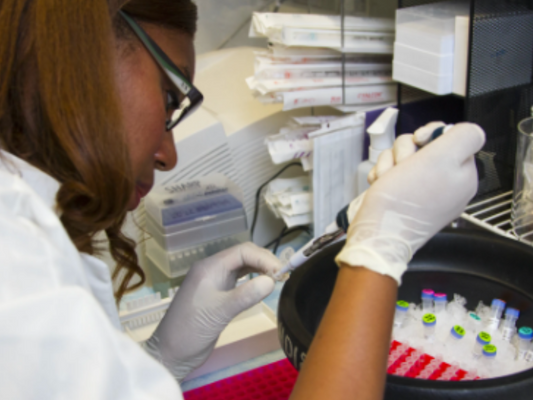Adjusting to a food intolerance diagnosis can be particularly challenging for older adults, who may have established eating habits and preferences deeply ingrained over many years. Whether it's a parent, partner, elderly neighbour, or friend, supporting them through this change requires understanding, patience, and practical assistance.
Here's how you can help:
Understanding the Impact
First, recognise that a late diagnosis of food intolerance can be disorienting and frustrating. It might require giving up favourite foods or altering cherished recipes, which can be a significant emotional and lifestyle adjustment. Acknowledge these feelings and offer your support and understanding as they navigate this new terrain.
Education and Information
-
Learn Together: Educate yourself about their specific food intolerance. Understanding the nuances can help you provide better support and prevent accidental exposure.
-
Consult a Nutritionist: Encourage them to see a nutritionist who specialises in food intolerances. A professional can offer tailored advice and ensure their dietary changes meet their nutritional needs.
-
Safe Foods List: Help them compile a list of safe foods and ingredients, making grocery shopping and meal planning easier.
Adjusting the Diet
-
Experiment with Alternatives: Explore alternative ingredients together. Many substitutes can replicate the taste and texture of the foods they need to avoid, making the transition less daunting.
-
Update Recipes: Assist in adapting old recipes to make them suitable for their new diet. Cooking together can make this process more enjoyable and less like a chore.
-
Read Labels: Educate them on the importance of reading food labels, as many processed foods contain hidden ingredients that could trigger their intolerance.
Emotional Support
-
Listen: Be there to listen and offer emotional support. A significant dietary change can bring feelings of loss or frustration.
-
Encourage Social Involvement: Help them navigate social situations, like dinners or gatherings, which can be challenging. Offer to communicate their dietary needs to hosts or bring suitable dishes they can enjoy.
Practical Assistance
-
Food Shopping: Offer to accompany them on grocery shopping trips or help them order groceries online, focusing on foods that align with their dietary needs.
-
Meal Preparation: Cooking large batches of suitable meals together can ensure they have safe and nutritious meals readily available.
-
Technology Aid: Introduce them to apps and online resources tailored to their food intolerance. These tools can help identify safe products and recipes.
Building a Support Network
-
Connect with Others: Encourage them to connect with support groups or online communities of people with similar intolerances. Sharing experiences and tips can be incredibly supportive.
-
Family and Friends: Involve other family members and friends in understanding the dietary changes, ensuring a supportive environment during gatherings and celebrations.
Continuous Learning
-
Stay Informed: Food products and dietary guidelines can change. Help them stay informed about new products, substitutes, and recipes that can diversify their diet.
-
Monitor Health: Encourage regular check-ups to monitor the impact of dietary changes on their health, adjusting as necessary with professional guidance.
Think you or a loved one may have a food intolerance? Maybe you are showing symptoms of a food intolerance? Compare our food intolerance tests today and make the first move in understanding your gut.






